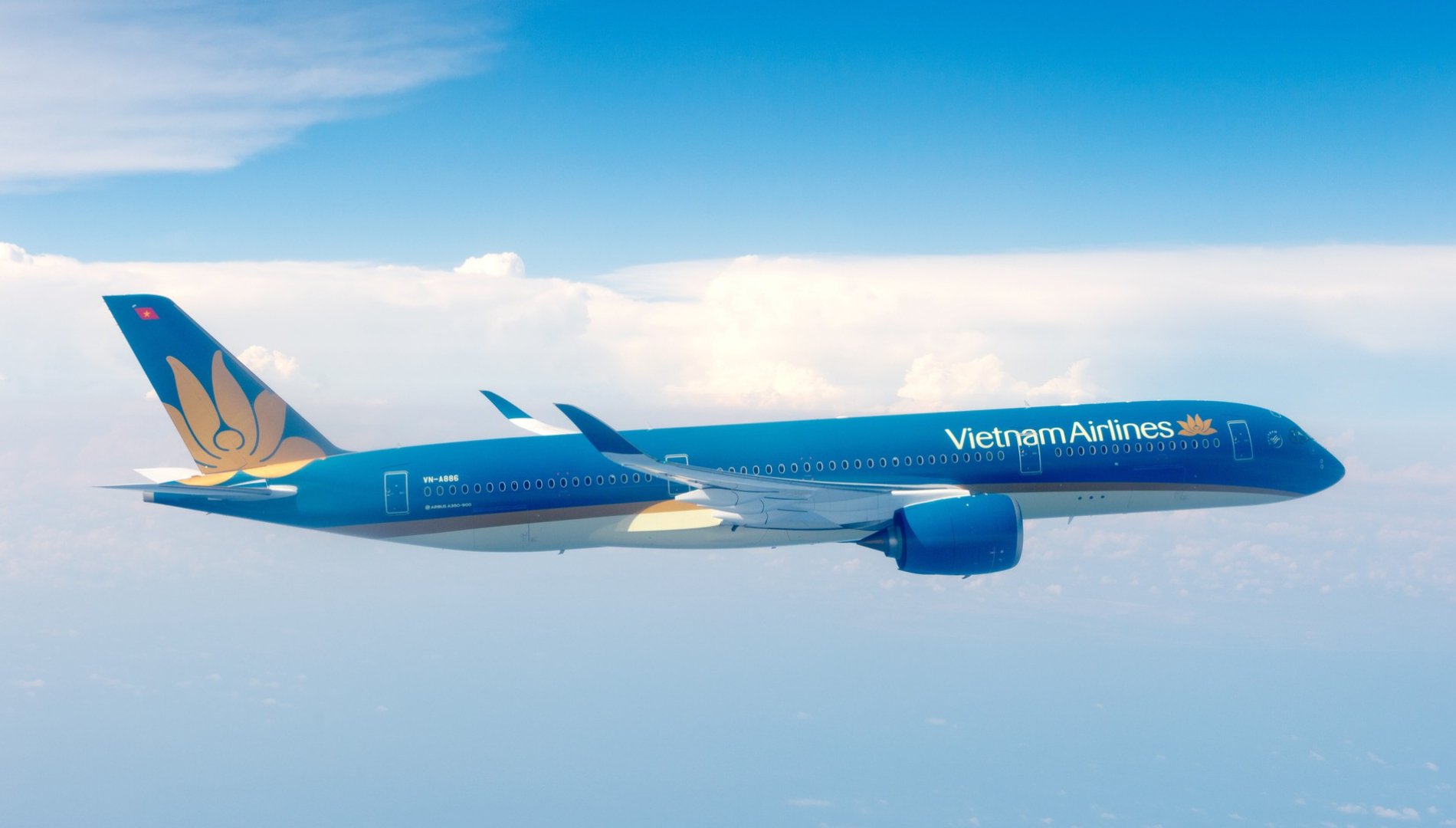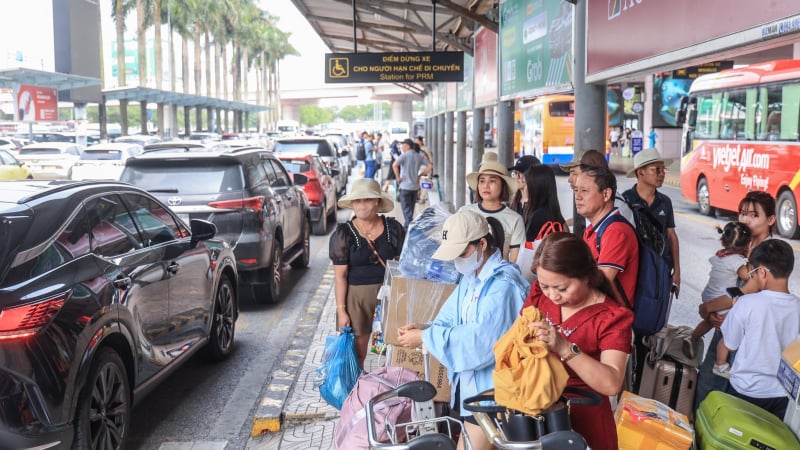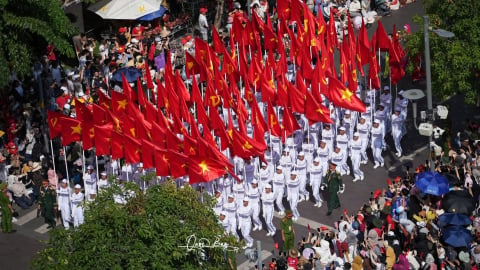Against the backdrop of worrying developments in the South Asian regional security situation, particularly the outbreak of military conflict between the two major powers, India and Pakistan, on May 7th, the Vietnam Civil Aviation Authority (CAAV) has quickly demonstrated proactiveness and a high sense of responsibility in protecting the safety of civil aviation operations.
Immediately, the aviation authority issued an urgent dispatch to all Vietnamese airlines, requesting them to implement a series of response measures to minimize potential risks that could affect flights to, from, or through the airspace of these two countries.
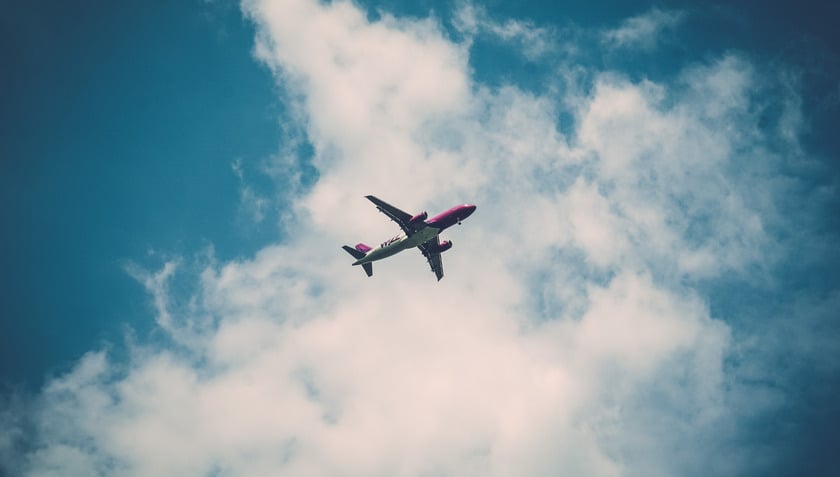
The Vietnam Civil Aviation Authority has requested airlines to review their flight schedules and select alternative routes (if necessary) to avoid impacting the military conflict between India and Pakistan.
Accordingly, CAAV emphasized the need for Vietnamese airlines to establish a mechanism for closely and continuously monitoring the armed conflict between India and Pakistan. Accurate and timely information updates will be crucial for airlines to proactively assess potential impacts on current and future flight routes.
One of the key requirements issued by the CAAV is that airlines must urgently review their entire current operational plans, including approved and ongoing routes. The goal of this review is to identify and select safe and effective alternative routes, ensuring that Vietnamese aircraft will completely avoid areas at risk of being affected by conflict, including airspace, air routes that have been flagged as dangerous, and airports located in or near conflict zones.
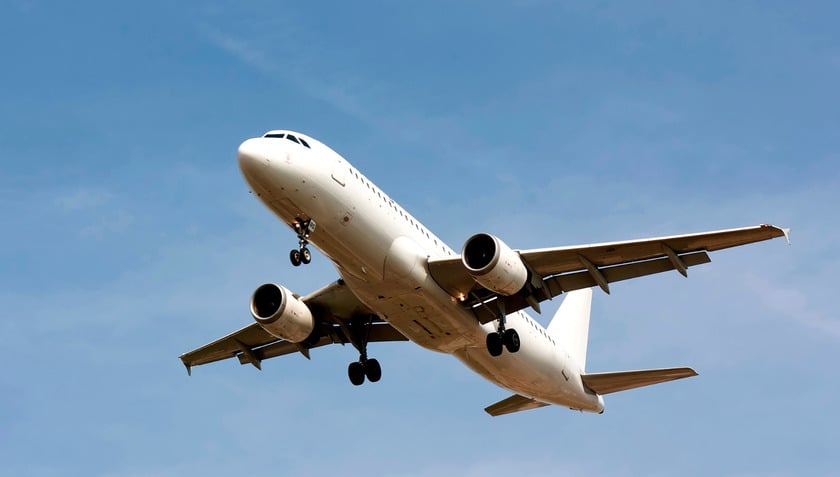
The Vietnam Civil Aviation Authority has requested airlines to regularly monitor developments in the armed conflict between the two countries in order to proactively assess the impact on flight routes.
Beyond simply adjusting flight paths, CAAV also specifically advised airlines on selecting alternative airports for international flights. The agency required airlines to absolutely avoid airports that had been announced closed for security reasons or those located too close to areas of ongoing conflict, in order to ensure safe landing options are always available in all situations.
In addition to measures to ensure flight safety, CAAV also requires Vietnamese airlines to focus on communication with passengers. In the event that flight schedules must be changed due to military conflict, airlines are responsible for promptly, fully, and transparently informing passengers of these adjustments, including the reasons for the change, the new flight times (if any), and other relevant information, to ensure passengers' rights and peace of mind.
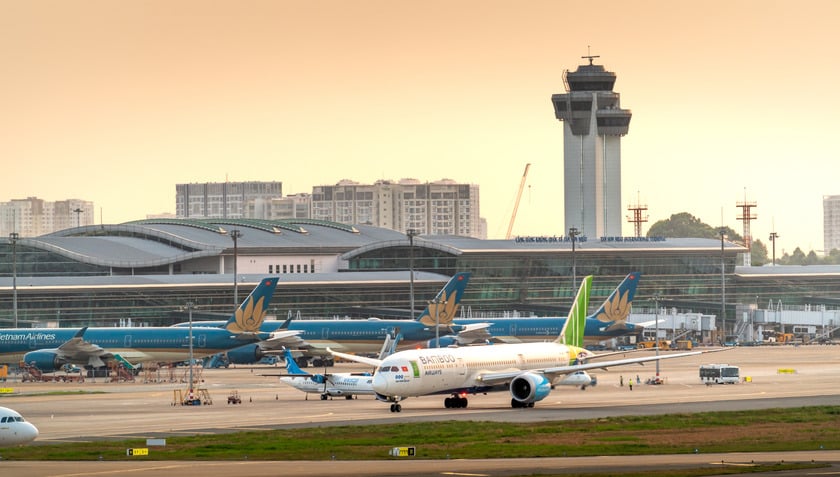
Vietnamese airlines are reviewing their current flight schedules and routes to select alternative routes.
Immediately after receiving information about the tense situation and the temporary airspace closure order from the Pakistan Civil Aviation Authority on the afternoon of May 7th (Vietnam time), Vietnam Airlines, the national airline of Vietnam, quickly implemented response measures.
Specifically, the airline proactively adjusted the routes and flight schedules of nine flights between Vietnam and European countries (France, Germany, and the UK) to avoid flying through Pakistani airspace, ensuring absolute safety for passengers and crew. Vietnam Airlines also announced that in the future, flights on these routes may continue to be adjusted depending on the actual situation in the region, and the airline will continuously update information to passengers.
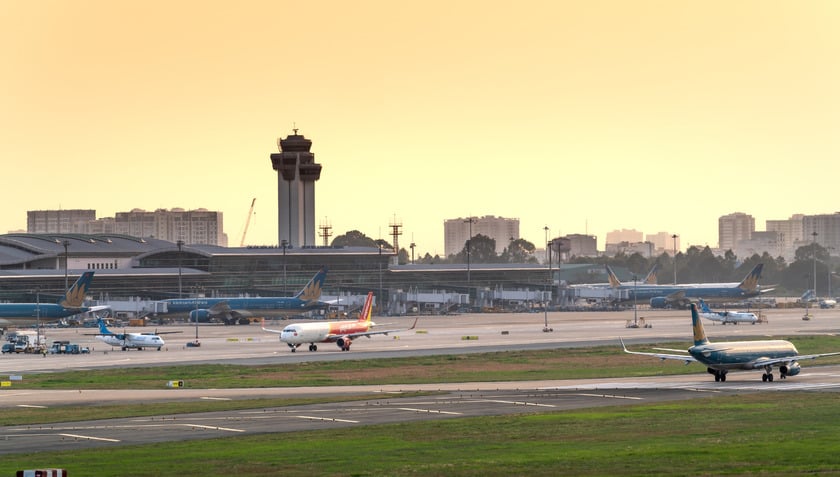
The Vietnam Civil Aviation Authority has requested that airlines not choose alternative airports that have been announced as closed.
Not only Vietnam Airlines, but the tense situation between India and Pakistan has also had a significant impact on the operations of many other airlines in the Asian region and around the world. Many airlines have had to take similar measures such as diverting or even canceling flights that pass through Pakistani airspace for safety reasons.
For example, Singapore Airlines decided to suspend flights through Pakistani airspace from May 6th. EVA Air of Taiwan (China) also proactively diverted flights to and from Vienna. Thai Airways also announced the rerouting of flights to destinations in Europe and South Asia to avoid the dangerous area.
In light of these complex developments, the Association of Asia Pacific Airlines (AAPA) has also voiced its deep concern about the negative impacts that a military conflict between India and Pakistan could have on aviation operations in the region.
In the official letter, the Civil Aviation Authority of Vietnam also requested that airlines promptly report any difficulties or obstacles encountered during the implementation of response measures so that the Authority can consider and resolve them quickly and effectively.

 VI
VI EN
EN



